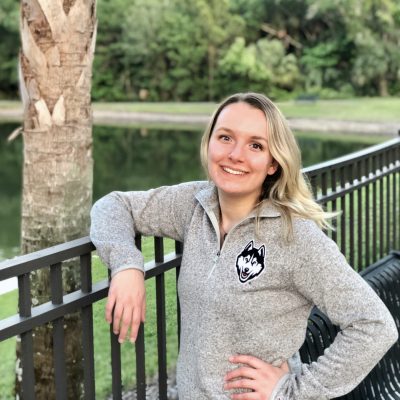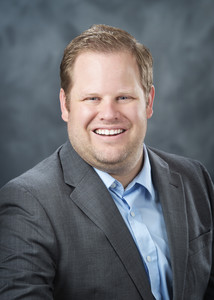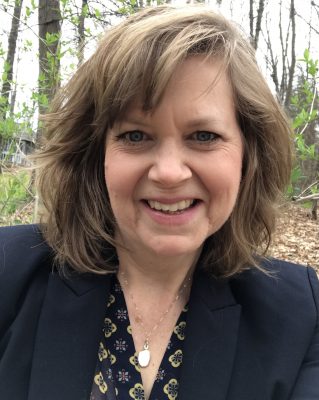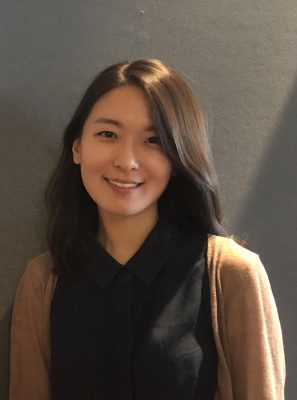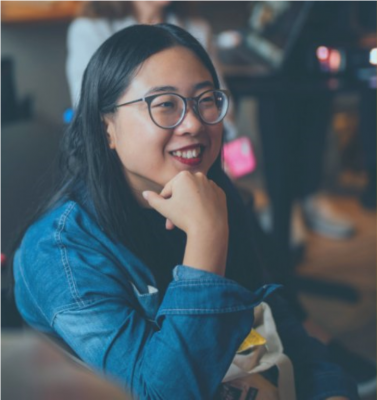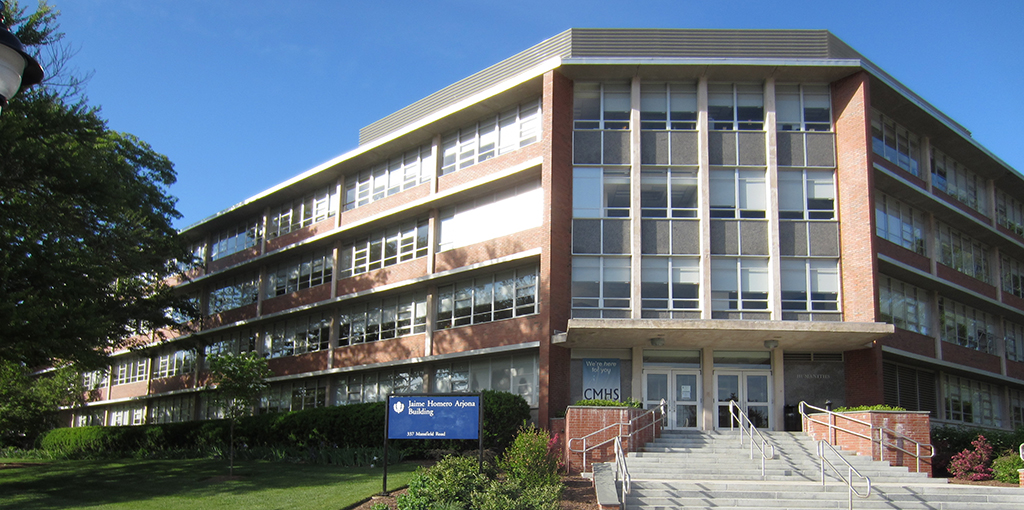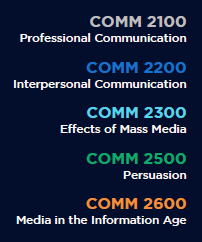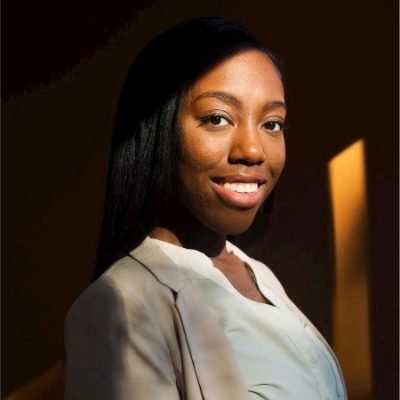During the past year, everyone in the Department of Communication was called upon to adapt to new circumstances and new ways of working, teaching, and learning. And since an important aspect of adaptability is strong communication, we were in a particularly good place to model and practice those skills. Three students share their experiences as members of the Department during the pandemic, what they missed, what they found instead, and the importance of community during what many deemed an isolated year.
 Sara Holland Levin, First year PhD student
Sara Holland Levin, First year PhD student
“UConn - and particularly our department - has done a wonderful job of making our transition to graduate school as seamless as possible during the pandemic. There has been no lack of support; the faculty and grad students have been just as approachable as I would have expected during normal times, and the effort to maintain some sense of normalcy has been truly appreciated. Even still, the human interaction element is something that I think we’ve missed out on, and perhaps only a shift back to in person learning will help. All of the pieces are there: our class meetings, research opportunities, teacher training have been so excellent. But the part I think we’re missing is the ability to get to know one another. To talk about a hilarious assignment submission we graded. To complain about the traffic. Or, on a more serious note, to express concerns like imposter syndrome (Which - is very normal! Grad school is hard!!). In normal times, it's important to work through these things together. That was certainly the case for me during my Undergraduate and Master’s programs. That’s the major missing piece that I think we’re all feeling. There’s no substitute for a strong cohort, and my hope is that our first semester in person will help us feel more connected than ever with our community here.”
 Kelly Grant, First year MA student
Kelly Grant, First year MA student
“While the Department of Communication at UConn has been nothing but helpful, kind, and communal, this online year has been a lot of work with little play. I moved from Michigan to Connecticut while knowing nothing about UConn or the state in order to pursue my M.A degree. While I knew much of it would be online, the transition was challenging, as I wasn’t sure what challenges were due to my own inexperience or what were common, run-of-the-mill first year student related. Even throughout this year, however, both the faculty and my fellow students have been affirming, and have continuously extended a helping hand to this new student. While online schooling in an unfamiliar state hasn’t been easy, I have the wonderful people in the Department to thank in making this transition as positive as possible in this strange year.”
 Lauren Lewis, Senior undergraduate student
Lauren Lewis, Senior undergraduate student
“Being an undergraduate student amidst a global pandemic has been a challenge to say the least. The COVID-19 pandemic has forced University leaders to shift 100+ person lecture halls to a virtual setting and halt all in-person career panels, involvement fairs, and extracurricular activities. With this shift in learning and connectivity, even the simplest coursework, like creative group projects, has become an obstacle to overcome. Although this global health crisis has presented challenges to adapt to, I am fortunate enough to be a member of the Department of Communication, where the professors and advisors have made it their mission to provide help and assistance with the transition to a virtual course load. Whether it be a question I have about coursework or a deadline, or a request for an extension on a project due to having COVID or simply being overwhelmed by coursework, family issues and job interviews, I have always been met with kindness and leniency from the professors in the Department. The professors have been attentive to student needs oftentimes providing surveys for students to give their candid feedback, and changing parts of the course to align with student requests. In addition, my advisor, Joel Nebres, has been helpful during the transition to an online school year. He was always readily available for a meeting, whether it was for assistance on scholarship essays, or advice on prospective courses to take. He also implemented virtual panel series with experienced professionals within the Communication industry. As a second-semester senior, I was beyond appreciative of these engaging and informative sessions. Candidly, I can admit that this year was a struggle; all of my classes were entirely virtual making it hard to build connections with classmates and stay engaged and motivated to keep up on classwork. However, members of the Department were always there along the way, offering assistance or words of encouragement that gave me the strength and persistence to finish off the year strong!”
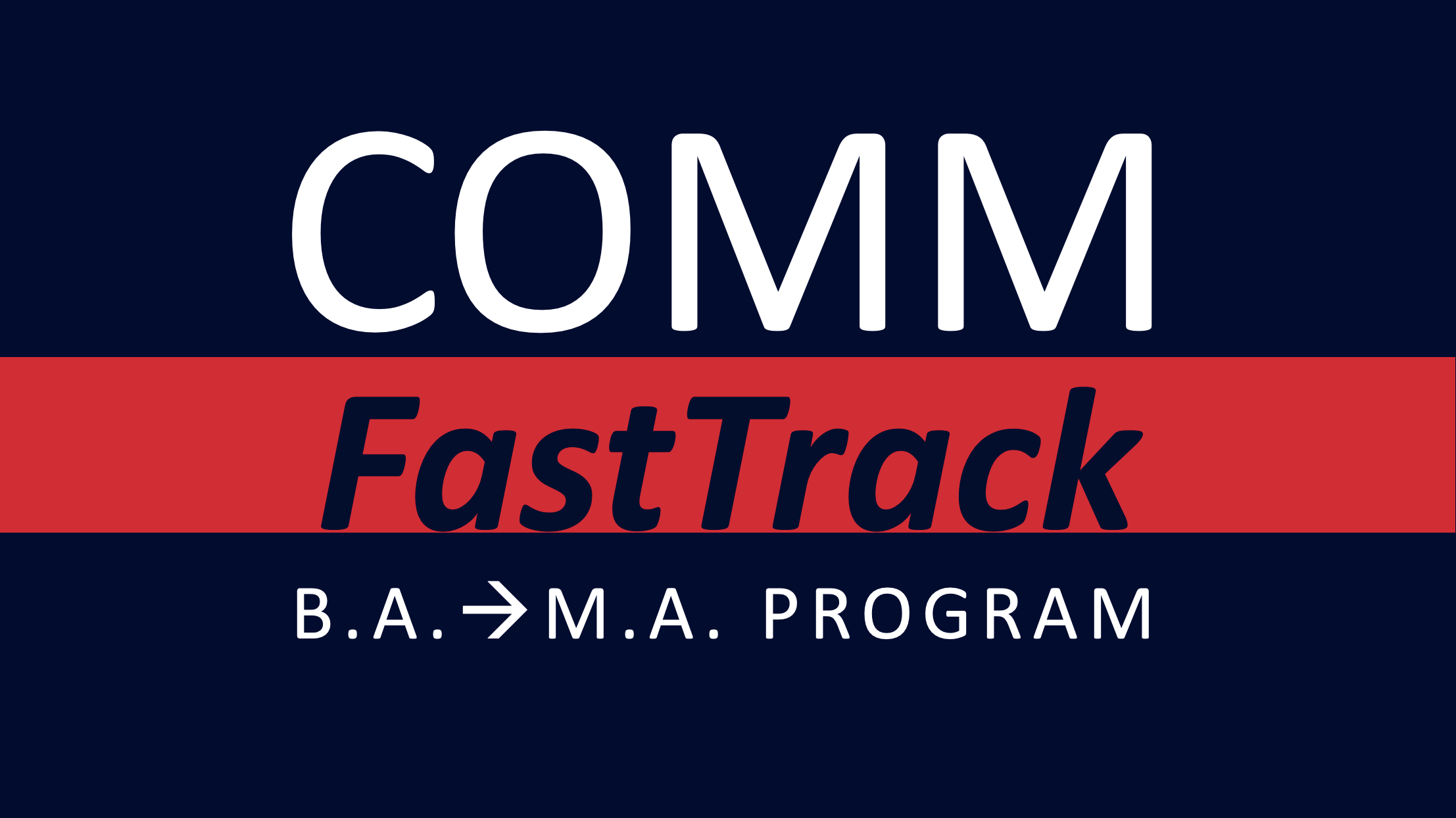
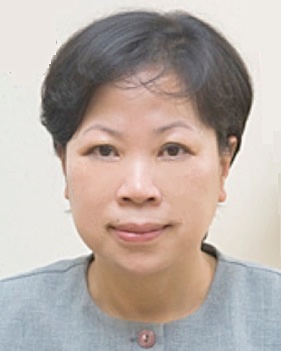
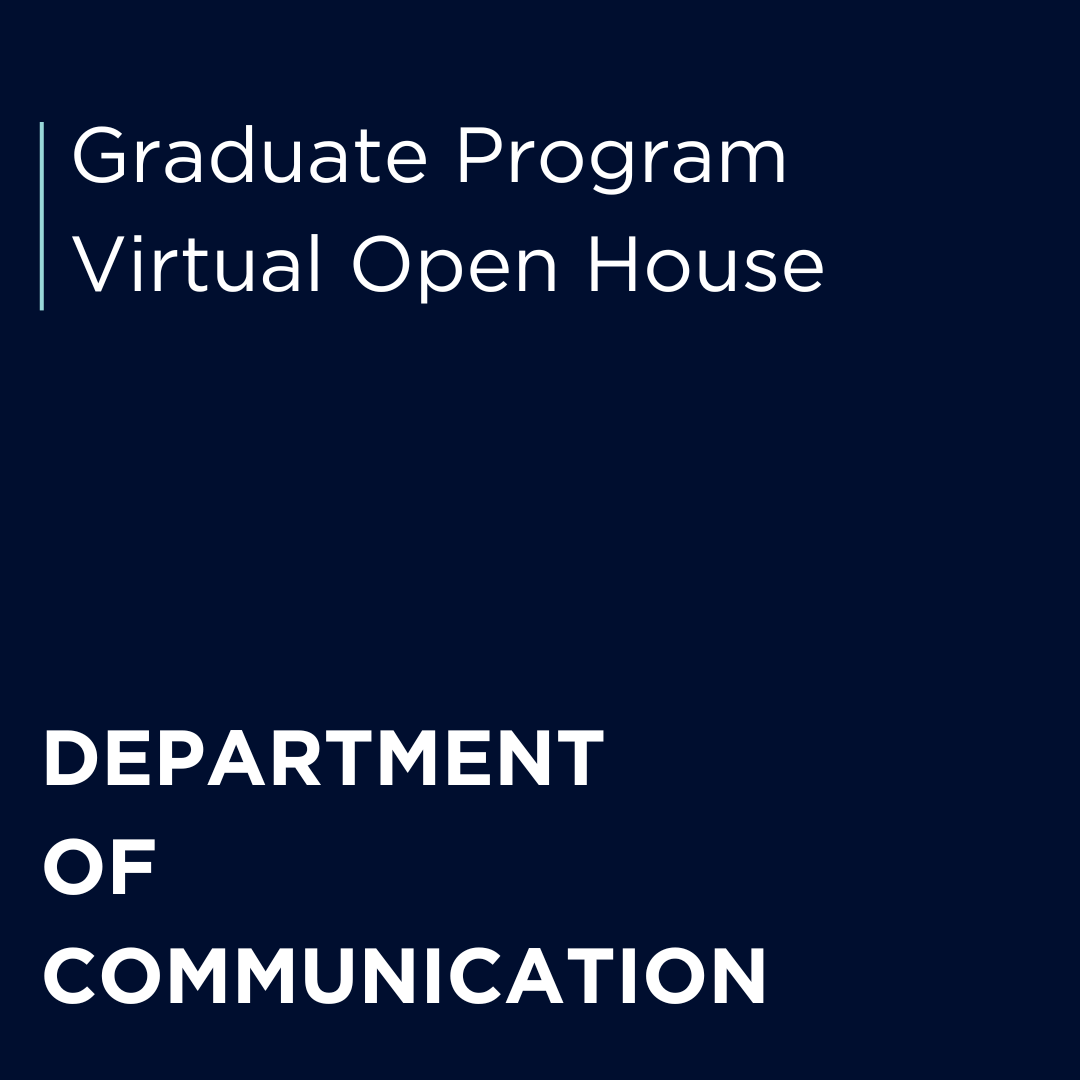
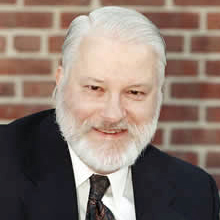 It is with great sadness that we share the passing of Dr. Ross Buck.
It is with great sadness that we share the passing of Dr. Ross Buck. 


